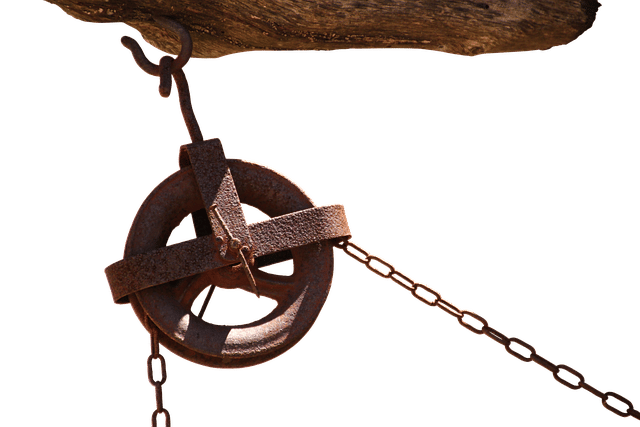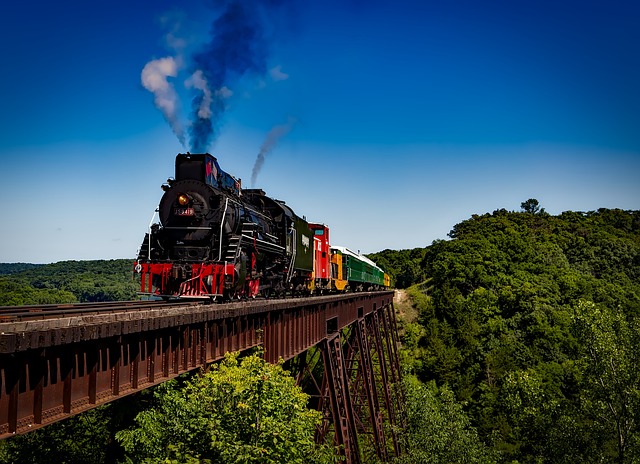
The invention of the pulley made lifting heavy objects easier.
Mechanization is the act and result of mechanizing . The verb mechanize , meanwhile, refers to using machines to develop a process.
Mechanical elaboration
Mechanization, in this framework, implies appealing to mechanical processing . To achieve this, machinery is used that generally increases the speed of operations and allows for greater efficiency .
What mechanization does is promote the replacement of animal or human labor with work performed by machines . People, in any case, must be in charge of programming, directing and controlling the operation, which is why they continue to be necessary in this context.
Origins
The origins of mechanization are associated with the invention of the wheel , thousands of years before Christ by the Sumerians, an ancient people in the Middle East who are considered the first civilization in history. Its objective was to make it easier to transport heavy things, especially in construction sites, which began to last less time thanks to this invention.
The development of pulleys , in the year 220 BC. C., also allowed us to take the first steps towards the mechanization of tasks. We owe this to the Italian scientist Archimedes , one of the most outstanding scientists of Antiquity. Just as the wheel improved transportation conditions, the pulley made vertical movements easier.
The first printed text, titled Diamond Sutra , dates back many hundreds of years later, to the second half of the 9th century, and was found in the Chinese township of Dunhuang . Although we have this evidence of the mechanization of writing , it was not until the 1440s that the modern printing press emerged, at the hands of the German goldsmith Johannes Gutenberg . Note that although this invention is usually attributed to Gutenberg, there are those who dispute the accuracy of this information.
The Industrial Revolution
What is currently understood as mechanization, however, only spread from the mid- 18th century , when the Industrial Revolution took place in England .
After the Industrial Revolution , artisanal work and animal traction began to be put aside and instead machines began to be adopted to carry out production processes and transport goods . This mechanization contributed to increasing wealth and favored economic development.
You cannot talk about mechanization without mentioning the railway , the first step towards transportation without the need for animal exploitation. Although the first versions did depend on horses for movement, around the 1820s the first steam railway appeared in England. Its acceptance was so positive that it didn't take long until more lines of the same type were built to connect different points on the map.

The railway, a clear example of 19th century mechanization
Speed, regularity, precision
It is important to note that the idea of mechanization is also used to name what happens when a human action acquires the characteristics of an operation carried out by a machine in relation to speed , regularity or precision . A cook, to mention one possibility, can achieve the mechanization of a process if he always repeats the same steps many times in a certain preparation.
Of course, for the mechanization of certain tasks to take place, it is necessary for the person to carry them out very frequently. This occurs, for example, in repetitive jobs, which consist of a few actions successively every day. An easy case to understand is data entry, an occupation that consists of digitizing a series of documents, transferring them to a computer one after another. It is usually an extremely monotonous job, presenting no challenges beyond arriving on time with the assigned stack of sheets.
